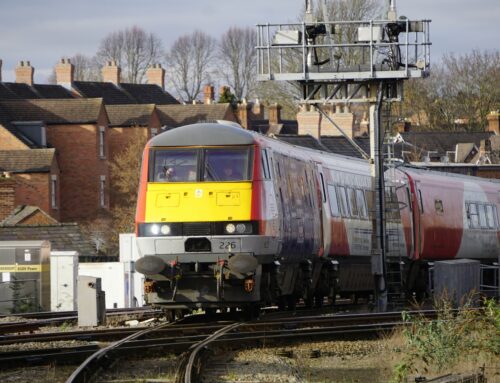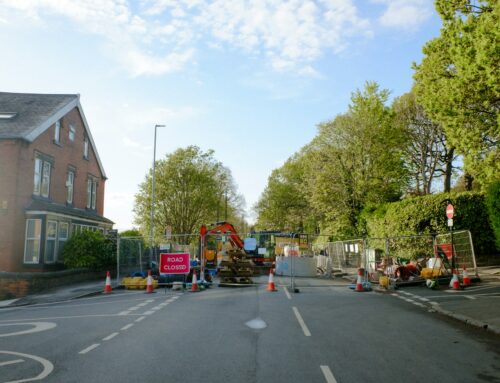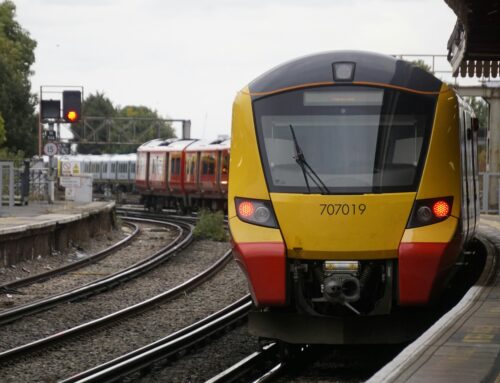While the UK Government has affirmed that it will not be introducing any new smart motorways, this doesn’t preclude enhancements to those that already exist.
Indeed, National Highways – the Government-owned company with responsibility for operating, maintaining, and improving England’s major A-roads and motorways – has committed to delivering £900 million in improvements to existing smart motorways.
As part of this pledge, more than 150 additional emergency areas have now been constructed and installed across the national motorway network.
What work has been undertaken to improve smart motorways?
According to a National Highways press release, it was June 2023 when the company started main construction on more emergency areas for smart motorways. The M1 in South Yorkshire was the first road to benefit from the £390 million scheme.
Since then, work has been carried out on sections of the M1, M3, M4, M5, M20, M25, and M27.
Chief executive at National Highways, Nick Harris, confirmed that work had now concluded on the successful installation of the planned new emergency areas.
Such areas give motorists more frequent opportunities to pull over in the event of them breaking down or encountering other difficulties. On motorways that lack a permanent hard shoulder, emergency areas give drivers a place to stop in an urgent situation, presuming they are unable to exit the motorway or stop at a motorway service area.
Other than the installation of the new emergency areas, various other works have been carried out to enhance the safety of smart motorways.
Among these changes has been the installation of more than 700 signs letting drivers know the distance to the next place to stop in an emergency. Enforcement cameras on smart motorways have also been upgraded, so that they can be used to detect vehicles passing under a Red X or entering a lane beyond a Red X.
Furthermore, work has been done to make sure radar stopped vehicle detection (SVD) is in place on every all lane running (ALR) motorway.
Officials continue to defend the safety record of smart motorways
In the recent National Highways announcement of the now-completed improvement works, Mr Harris stated: “The latest analysis continues to show that overall, smart motorways remain our safest roads.”
Sure enough, the company has said that according to the latest safety data for smart motorways – covering the years from 2018 to 2022 – all three types of smart motorway are safer than conventional motorways, with regard to both deaths and serious injuries.
Despite this, the then-Conservative Government made the decision in April 2023 to cancel plans for new smart motorways. Ministers stated at the time that this was in recognition of a lack of public confidence in smart motorways, as well as cost pressures.
Transport Planning Associates’ (TPA) transport consultants stand ready to help you realise the potential of your projects – from concept to completion. To receive the benefit of the optimal transport planning and infrastructure advice, please enquire to your nearest TPA office.





